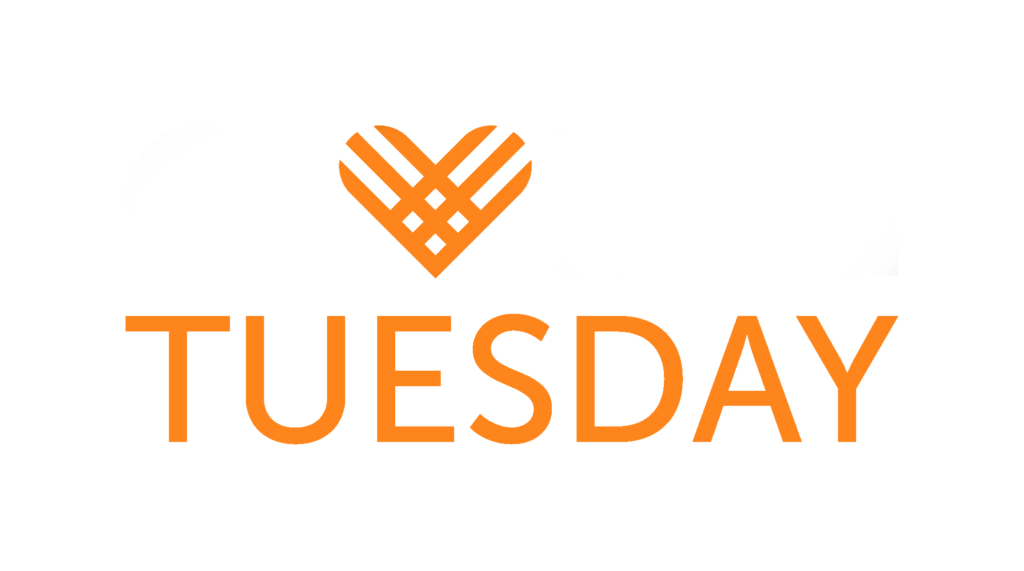Local Jewish groups aiding refugees reel as borders shut and their funding is threatened
Susan Frazer, CEO of Jewish Family Services Silicon Valley, had one eye on her computer screen and the other on her phone Tuesday, as she monitored her email in nervous anticipation of the clock striking 5 p.m. on the East Coast.
That was when an anticipated freeze on all federal funding for refugee services was scheduled to go into effect, an unprecedented move that she said would wreak havoc for thousands of refugees in the Bay Area.
“This is a really rough time,” Frazer told J., noting that she had been in constant meetings since President Donald Trump began signing a series of executive orders on Jan. 20, including one that brought an immediate halt to the admission of new refugees.
Frazer and her colleagues in refugee work say they had expected that Trump would begin ordering deportations of undocumented immigrants as soon as he took office. But they did not expect the doors to be shut to legal immigrants, such as the refugees served by her agency and its sister organization, Jewish Family & Community Services East Bay. Between them, the two agencies have provided services to more than 3,000 refugees in the past several years — JFCS East Bay has supported 2,000 Afghans alone.
According to the relevant executive order issued Jan. 20, admission of all new refugees under the U.S. Refugee Admissions Program has been halted. Exceptions will be considered on a “case-by-case basis,” with the administration reviewing the program every 90 days to see whether its resumption would align with the “national interest.”
The directive on immigration was one of dozens of executive orders, memoranda and proclamations under the new administration, among them a temporary freeze on the disbursal of trillions of dollars in federal funds while the recipient organizations are scrutinized to determine whether they align with Trump’s priorities.
A federal judge blocked the funding freeze on Tuesday, and at least partially in response, the Trump administration rescinded it on Wednesday. But confusion and chaos reign right now, and agencies are still preparing for a renewal of the directive.
Frazer said the flurry of changes has stoked fear among her clients.
Meanwhile, the suspension of all new immigration remains in effect. This covers, among others, the “humanitarian parole” program used by Ukrainians as well as Haitians, Venezuelans, Nicaraguans and others fleeing oppression and war. It also includes the Special Immigrant Visa program offered to Afghans who aided the U.S. military until the Taliban takeover in 2021.
“We have not experienced this in the United States at this level ever,” Frazer said. “It’s the complete halt of legal immigrants coming into the United States.”

There are 270 refugees on JFS Silicon Valley’s waitlist, most of them Iranians fleeing religious persecution, as well as Afghans who assisted the U.S. military. JFCS East Bay’s waiting list has 44 Afghans.
These hopeful immigrants, all vetted and approved for entry, are now in limbo — either in temporary housing outside their home countries or in hiding.
“We have refugees whose lives are at risk,” Frazer said, pointing in particular to the Afghans who have been languishing in refugee camps in Pakistan for the past three years, waiting for their promised visas.
“They’ve been approved to come into the United States and now they’re denied access,” Frazer added. “Some of them are hiding in Pakistan because the camps were closed. So they have nowhere to go.”
Robin Mencher, CEO of JFCS East Bay, said that the 44 Afghans her agency was expecting to receive “had their flight information in hand, and they were just canceled.”
Some are waiting to join family members already in the East Bay. In one case, she said, parents already living here have been waiting for their minor children to join them. But the children have now been denied permission to enter the U.S. and “be reunited with their parents.”
Mencher said that those working in the field had believed the Special Immigrant Visa program would be left untouched, as it was in the first Trump administration.
“We were all surprised,” she said.
Also unknown is what will happen to refugees already in this country.
Most at risk, said Frazer, are recently arrived refugees who have been here less than 90 days. That’s the period of time before their federal and state benefits kick in, when they are completely dependent on support from refugee agencies. The lion’s share of each agency’s budget comes from federal grants, Frazer and Mencher told J.

Where will the money come from to support new refugees if the funding freeze is reinstated, they wonder.
JFCS East Bay is currently helping more than 100 recently arrived refugees, half of them Afghans.
JFS Silicon Valley is helping 116 refugees who have arrived in the past three months, almost all from Afghanistan and Iran, the latter fleeing religious persecution. The agency already welcomed 50 Iranians this year, including an 89-year-old Jewish man who arrived last week, Frazer said.
“For an organization founded on being able to support refugees, a core component of our Jewish values, to be told that not only are we not going to be able to welcome new refugees, we don’t want you to support the ones that just arrived — that feels very cruel,” she said.
Ironically, Mencher said, her agency was about to expand the services it offers to the refugees beyond the initial three months.
“We were poised to expand refugee employment services to really help people get onto career tracks and pathways for self-sufficiency, so they can thrive and contribute to our community,” she said. That included more ESL classes, as well as mental health programs. All that has been put on hold.
The government’s actions have created great fear in the refugee community, Mencher and Frazer said.
“It certainly doesn’t send a message that America is a safe place for them,” said Frazer, who added that “far fewer” students showed up for the agency’s ESL classes that day “than we have seen in a long time.”
JFCS East Bay has posted a new “community resource hub” on its homepage to keep refugees and other immigrants updated on policy changes and how it will affect them.
HIAS, the national Jewish nonprofit devoted to helping new immigrants and refugees, has advised local Jewish agencies to continue their work. HIAS plans to bill the federal government for reimbursement on their behalf.
“We fully assume that the federal government will not honor the process and that it will go to court,” said Mencher. “In the meantime, the people who are here now need a place to live, need food to eat, need to sign up for benefits, need to get kids in school, need to have access to health care.”
She added: “We can’t wait to find out what the federal government will do — if they will reimburse us or not. We have to raise the funds to keep our clients from being homeless and hungry. And maybe one day we will get reimbursed by the federal government. Maybe we won’t.”










